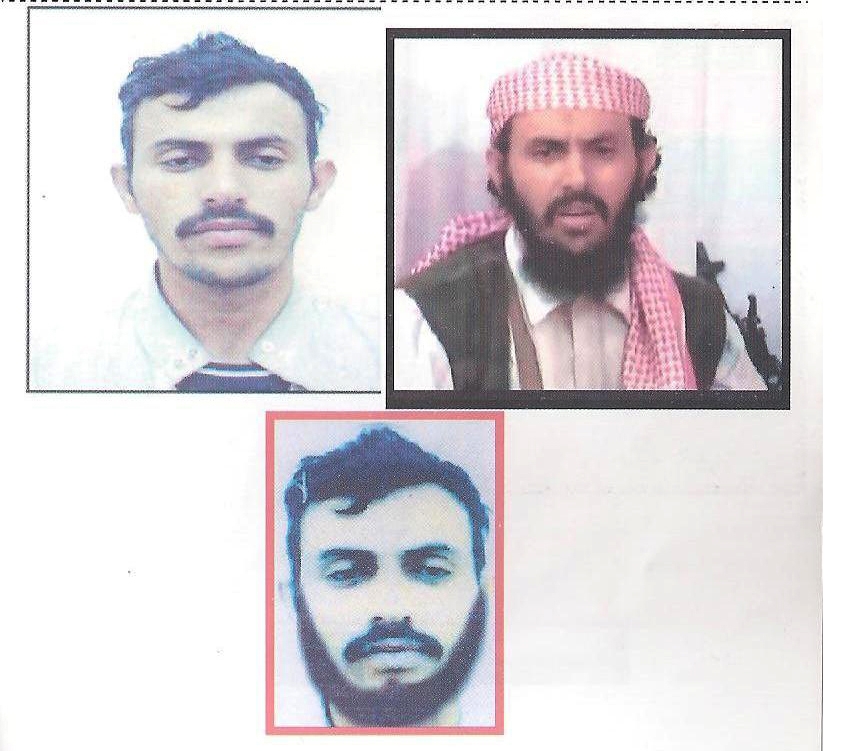Trump says US killed al-Qaeda chief in Yemen

The White House announced on Thursday, after a counterterrorism operation in Yemen, that the US had killed Qassim al-Rimi, the head of al-Qaeda in the Arabian Peninsula (AQAP).
"At the direction of President Donald J. Trump, the United States conducted a counterterrorism operation in Yemen that successfully eliminated Qasim al-Rimi," the White House said in a statement.
"His death further degrades AQAP and the global al-Qa'ida movement, and it brings us closer to eliminating the threats these groups pose to our national security."
The Trump administration gave no further details about the killing or the military operation.
Rimi was previously targeted by Trump in February 2017 when the first raid ordered by the new president was against the AQAP chief. That raid failed and left 23 civilians, including an 8-year-old US citizen, dead.
Rimi had led AQAP since his predecessor Nasser al-Wohaishi was killed by a drone strike in 2015.
In the ongoing conflict between Yemen's Houthi rebels and the Saudi Arabia-backed government, AQAP has supported the Yemeni government, whose president and prime minister live in exile in Saudi Arabia.
Still, the Yemeni government has denied that its forces fight alongside AQAP.
"The Yemeni government does not want to admit that AQAP militants fight with pro-government forces, so as to avoid the international sanctions of supporting al-Qaeda," Ibrahim al-Yasri, an independent political analyst for the Yemen Media Guide Centre for Development, previously told Middle East Eye.
AQAP had also claimed responsibility for a December shooting at a US naval base in Florida where a Saudi officer killed three sailors.
Middle East Eye propose une couverture et une analyse indépendantes et incomparables du Moyen-Orient, de l’Afrique du Nord et d’autres régions du monde. Pour en savoir plus sur la reprise de ce contenu et les frais qui s’appliquent, veuillez remplir ce formulaire [en anglais]. Pour en savoir plus sur MEE, cliquez ici [en anglais].





